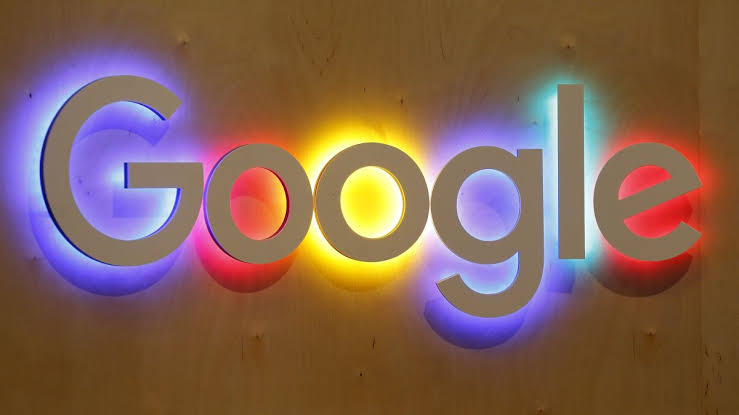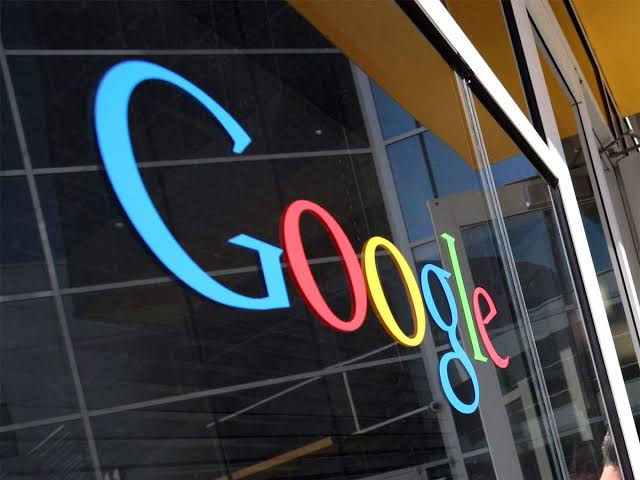If you were to type in “Unprofessional Hairstyles” for women or for men into the Google Images search bar right now, most of the pictures the search turns up will be of Black people.
These screen grabs of these searches have surfaced during a time of awareness about Black lives and systemic racism; the very same system that has punished black people for their hair. And this isn’t the first time Google has been called out for this issue. The company came under fire back for the same reason back in 2016 so people are questioning why the company is still having the same problem four years later.
Google spoke exclusively to TSR; to explain these image results, which are usually linked to articles that are actually denouncing the biases that black men and women face when it comes to their hair; and society’s idea of what professional hair is supposed to look like.
https://www.instagram.com/p/CBRLNH0BUoc/?igshid=t1wynuitd9ea
Cathy Edwards Speaks On Behalf Of Google
“Our Google Images search systems rely on a number of factors, including; word matching, to surface results,” Cathy Edwards, VP of Google Images, tells TSR. “For many of the results, the words ‘unprofessional hairstyles’ appear in the articles; and many of these stories are rightly denouncing the discrimination people of color face when it comes to their hair.”
“While we include captions to help people understand why these images are relevant to the query; we acknowledge that the association can be concerning and painful to see without the fuller context,” Edwards said. “Ensuring that all people and communities are able to find helpful results in Google Images; is something we care about deeply and are actively working to improve.”
 The searches in large part are based on the words around them on a web page; and Google makes it clear that its systems are not making a judgment about what hair is “unprofessional.” Its systems are looking for pages that include that word.
The searches in large part are based on the words around them on a web page; and Google makes it clear that its systems are not making a judgment about what hair is “unprofessional.” Its systems are looking for pages that include that word.
Additionally, many of the images that the search turns up are from news coverage of when the issue was raised about Google’s results previously.
As we move forward into the next decade, there has been more activism surrounding the liberation of Black hairstyles. People are working to implement reform such as The Crown Act; which ensures protection against discrimination based on hairstyles by extending statutory protection to hair texture and protective styles in the Fair Employment and Housing Act (FEHA) and state Education Codes. The Crown Act is law in only eight states but there’s a push to make it law in al 50.
We’re hopeful that these biases eventually become eliminated in AI, too.

